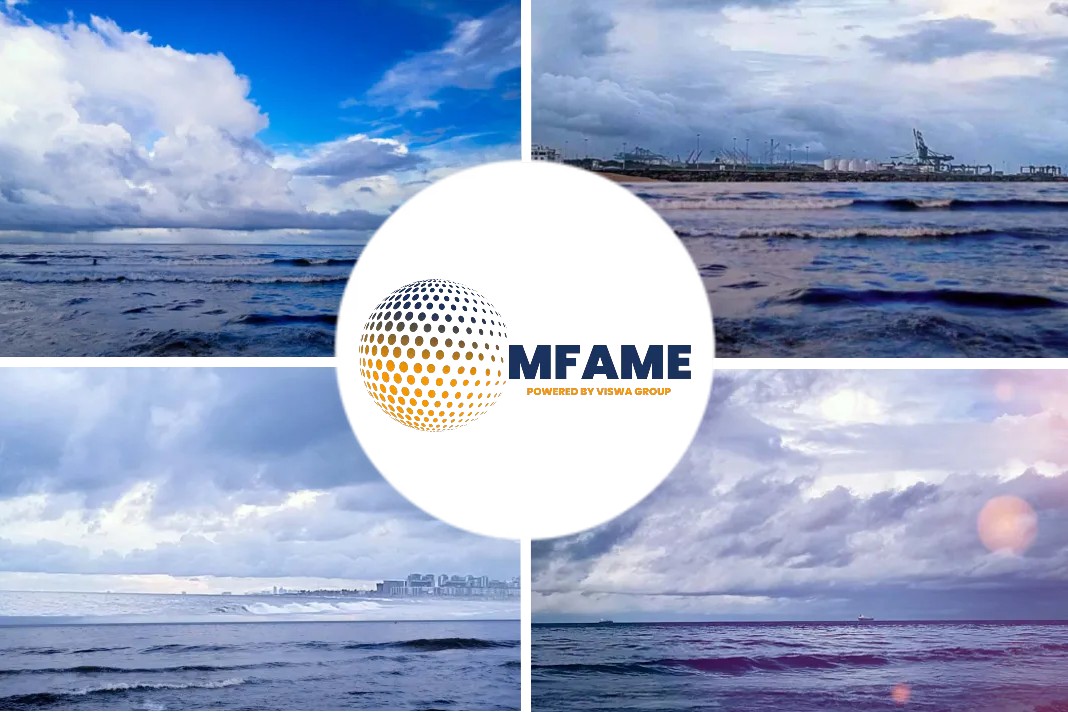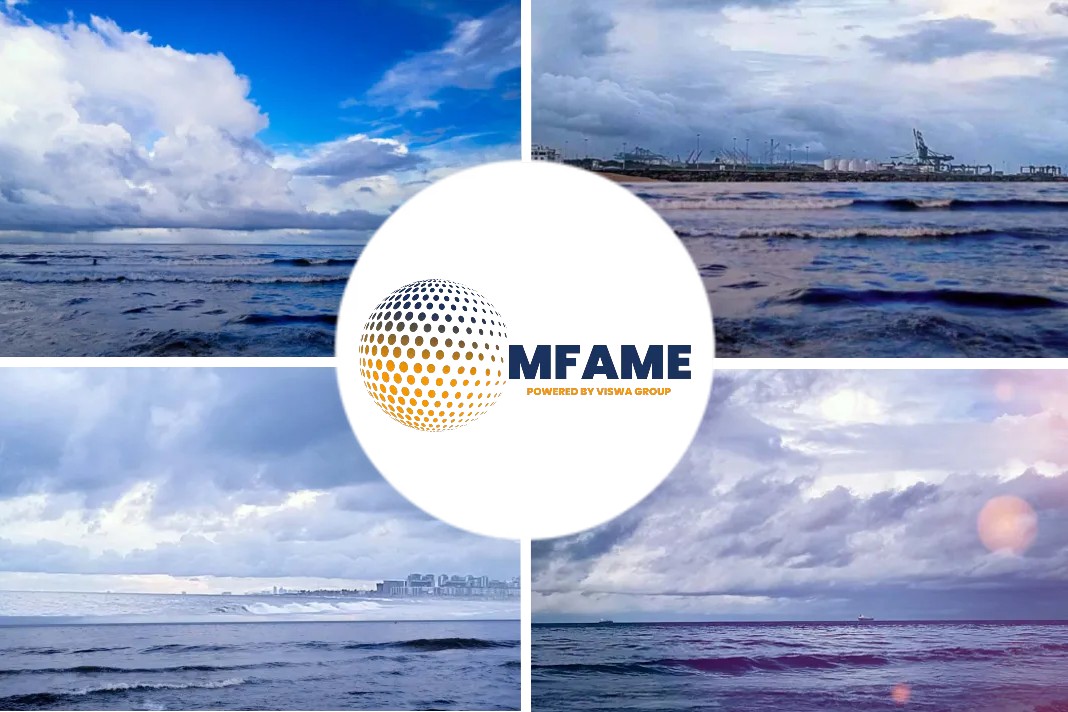- NAPA joins Consortium that brings together leading academic bodies and industry experts in developing low-carbon technologies for shipping.
- The total project volume is approximately 15 m euros where Business Finland supports with €7.9 m and the rest is funded by the other members.
- NAPA will apply its technical expertise to further enable methods to model and optimize total energy consumption on the two-year project.
NAPA joins the Finnish Clean Propulsion Technologies consortium to accelerate the development of low-carbon solutions in shipping, says a press release published on their website.
About the consortium
Clean Propulsion Technologies project (CPT), is the consortium led by the University of Vaasa that aims to develop radically new low-carbon solutions across global transport sectors.
NAPA, the leading Finland-based maritime software, services, and data analysis provider announced its participation in the consortium.
NAPA’s technical expertise
NAPA will apply its technical expertise to further enable methods to model and optimize total energy consumption on the two-year project.
Funds for the consortium
The total project volume is approximately 15 million euros.
Business Finland supports the consortium with €7.9 million. The rest is funded by the consortium’s members.
The project
The project aims to cement Finland’s position as a global technology leader by bringing economically viable low carbon technologies from the research phase to real-world application in line with global environmental regulation.
NAPA’s contribution
NAPA will apply its unrivaled expertise and data-driven voyage optimization solutions, NAPA Fleet Intelligence and NAPA Performance models, to develop methods to model and optimize total energy consumption on the project.
NAPA contributes to the consortium by providing insights on overall ship technical and operational performance globally.
What is OTECO?
The company will specifically draw on its ‘Optimization of Total Energy Consumption Onboard (OTECO)’ initiative.
This takes a holistic approach to energy optimization, to incorporate the novel propulsion energy arrangements developed in the CPT project.
NAPA’s virtual model
NAPA will develop virtual models in collaboration with the consortium partners to improve the modeling of non-conventional propulsion unit arrangements and the inclusion of important onboard energy consumers.
Cooling for LNG carriers
These will include vessel components such as hotel load for cruise vessels and cargo warming and cooling for LNG carriers and other merchant vessels.
Shipping efficiency
By enabling the global usage of proper tools for virtual modeling and making them available for all stakeholders, it estimates that shipping efficiency can be improved by approximately 10-20%.
Consortium members
The CPT consortium consists of:
Six research organizations:
- University of Vaasa,
- Aalto University,
- Tampere University,
- Åbo Akademi University,
- VTT Technical Research Centre of Finland, and
- the Lappeenranta-Lahti University of Technology LUT)
Nine companies:
- Wärtsilä Finland,
- AGCO Power,
- Meyer Turku,
- NAPA,
- Dinex Finland,
- Proventia,
- Geyser Batteries,
- Bosch Rexroth and
- APUGenius.
Did you subscribe to our daily newsletter?
It’s Free! Click here to Subscribe!
Source : NAPA























